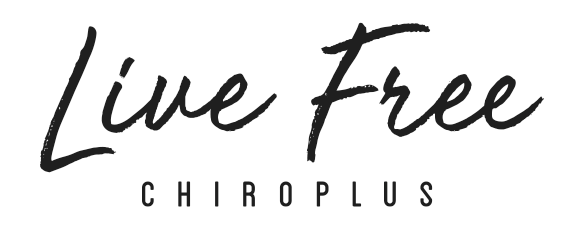Are We Missing the Golden Goose?
If we announced that we had a new supplement that had been clinically proven to help you replenish energy storages, regenerate tissues, boost your gut microbiota and immune system, lower inflammatory markers of CRP (C-reactive protein), improve insulin sensitivity, lower blood pressure, improve levels of depression, and basically optimize every bodily function; we would have a line out the door with people saying “take my money…” or “can I buy multiple bottles?” The truth is, you can have all of this for free and you don’t need to take a supplement to get these benefits and more.
Research has shown that sufficient and optimal sleep provides improvements in awareness, mood, stress management, skin quality, sports performance, ability to learn new things, and help to maintain overall well-being. Sleep very well may be the golden goose of our health and the place where everyone should start on their health journey. Matthew Walker, sleep scientist and author of Why We Sleep, states that “sleep is the Swiss Army knife of health, in that no matter what the ailment, it’s more than likely that sleep has a tool within the box that will see you well.” The problem is that for most people, including myself, is that we are fighting on this health journey with a dull and limited Swiss Army knife.
If you would have asked me at any point in my life, “Do you have a problem with sleeping?”, I wouldn’t even hesitate in saying “No.” Heck, my nickname in college was grandpa Paul because you could find me falling asleep just about anywhere. It wasn’t until I started tracking my sleep (with an Oura ring), that I realized that I fell into the majority of people in this world that either have trouble sleeping or do not get enough sleep. According to the 2019 Philips Global Sleep Survey (answered by over 11,000 adults from 12 countries), roughly 62% of adults worldwide feel that they don’t sleep well, with the average person getting 6.8 hours of sleep. Which is significantly lower than the recommended 8 hours when you consider that losing just one or two hours of sleep per night can have the same impact on motor and cognitive functions as going without sleep for a full day or two. I realized, yes, I can fall asleep just about anytime and anywhere, but was that because I was so efficient at sleeping or my body was desperately crying out for more rest?
REM sleep and Deep sleep are two stages of sleep that we get the most benefits and recovery from our sleeping. For optimal health and performance, you want to increase the amount of time spent in these two stages, with our ability to do so decreasing as we age. These two stages are also the most susceptible to being negatively affected by disruptors of sleep. After tracking my sleep for a few months, to get a good baseline, I found out I was getting significantly less than the recommended amount of REM sleep and getting the same recommended amount of Deep sleep for someone twice my age. Needless to say, something was going to have to change.
The most common Sleep Disruptors are:
· Worry and Stress: job, family, health, financial, you name it. If it stresses you out, it will affect your sleep.
· Environment: the physical space you sleep in plays a large role in quality and duration of sleep. Too much artificial blue light, temperature, comfort of bed and linens, all will play a role.
· Work and School Schedules: in a society that romanticizes burning the candle at both ends, our schedules are ever more geared toward the opposite for optimal sleep. Late night entertainment (more blue light), eating food, drinking alcohol or caffeine too close to bed prevent your body from getting into its natural rhythms of sleep.
· Health Conditions: roughly 22 Million people in the US alone suffer from a sleep related health condition including insomnia, sleep apnea, restless leg syndrome, narcolepsy, and chronic pain, which has led to an overuse and abuse of harmful sleep medications like Ambien and others.
This month we are going to be taking a deep dive into all things sleep; best practices to mitigate all these disruptors of sleep and more, things you can do at home to help optimize your health through better sleep, like setting a routine for improved circadian rhythm, how to use exercise and movement to improve sleep, effects of light exposure and how to use to your advantage, food and drink considerations, meditation, stress management and more.
It is time we stop bleeding this Golden Goose dry and take our sleep seriously. As Shawn Stevenson, the author of Sleep Smarter says, “I know now that our sleep quality is more important than diet and exercise combined…” So follow us on all our channels as we will be giving you the tools to take charge of your sleep, so you can improve your health and start LIVING FREE!
Want to receive our monthly blog? Sign up for our mailing list to get our latest recipes, blog & updates!



